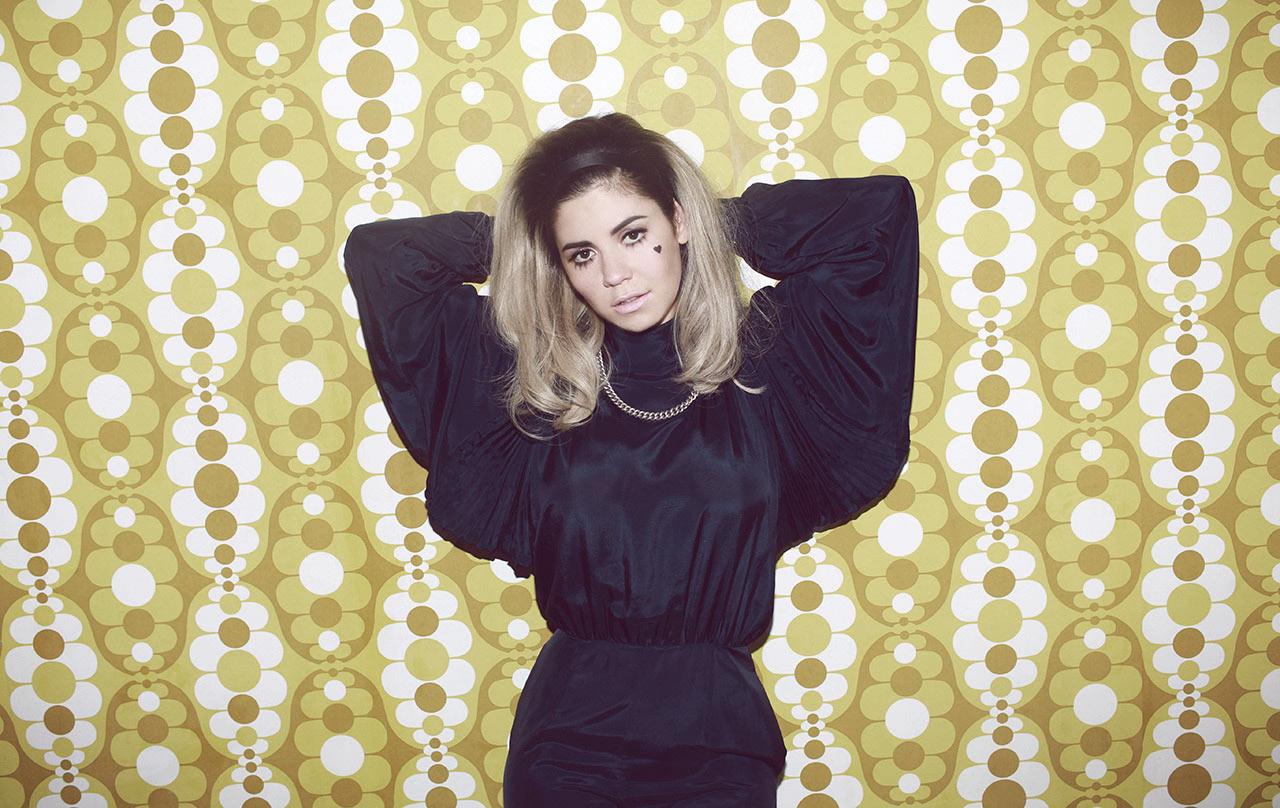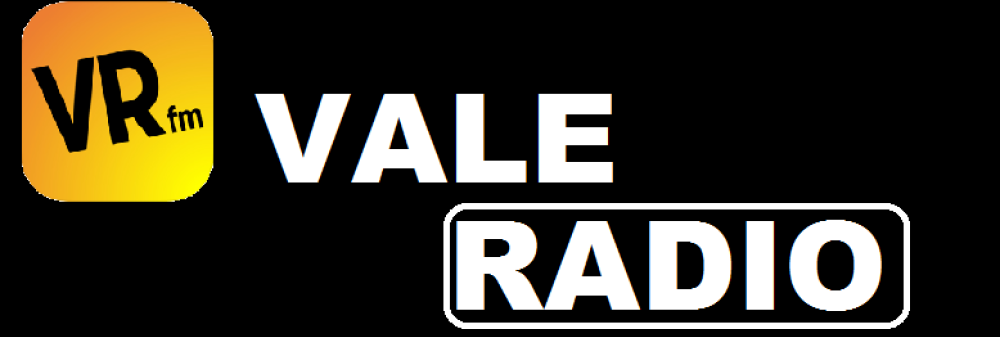
The Subways Tour Diary: Days 6-10 the adventure continues
The Subways were kind enough to chronicle their North American tour for us, and we’ll be running their tour diary in several installments this week. Billy Lunn…
Rise of Electronic Music
With the popularity of electronic dance music and the increased accessibility of technology more and more people are learning to express themselves and their talents through electronic…
Ultra Music Festival 2018
With the popularity of electronic dance music and the increased accessibility of technology more and more people are learning to express themselves and their talents through electronic…
House and Electronic Dance Music DJs – Use a Playlist
With the popularity of electronic dance music and the increased accessibility of technology more and more people are learning to express themselves and their talents through electronic…

The Answer to Making Your Own Professional Dance Music – Create Your Own Beats
Are you interested in making custom dance music? Most of the information on the internet will tell you that in order to create dance beats yourself, you…

The Death of Dance Music? Get Over Yourself
Time and Time again, one of my friends will say to me, «You’re still listening to Dance Music? When are you going to grow out of that,…

History of Dance Music
What is Dance Music? The definition of dance music is quite simply- Music composed/ played specifically for dancing to. Dance music includes a whole variety of music…

3 Tips On How To Make Your Own Hot Dance Music
We all have some things we’d like. A lot of people have things they need to achieve or do. With a few people it’s something they wish…

How To License Your Music
Music is a big part of civilization. Centuries had passed but music survived and even grew to greater heights every single decade. As a matter of fact,…

This Is What Live Music Looked Like Last Week
We had some truly stellar photos come out of our photographers this week, as they attended shows from Vance Joy, Ball Park Music, Matt Corby and Groovin…
